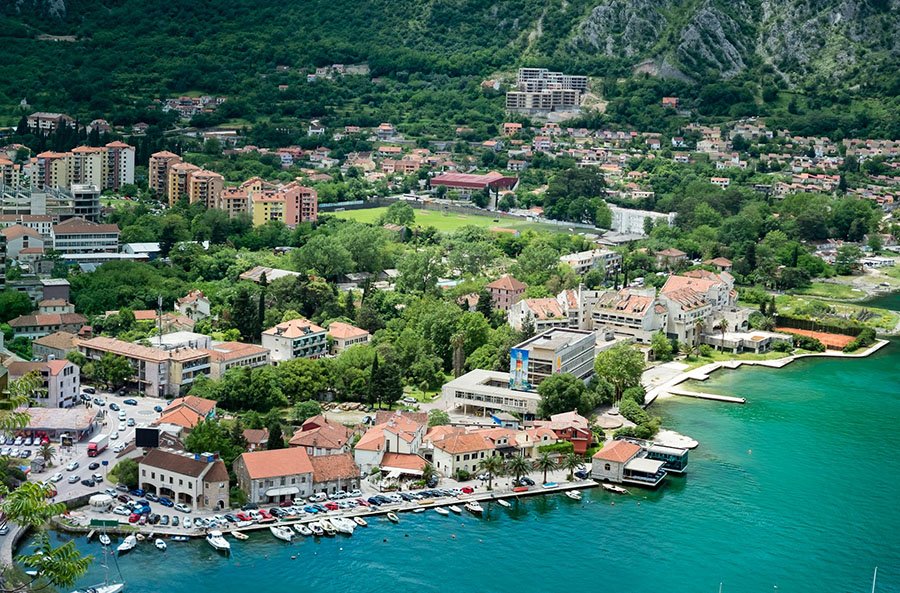Montenegro will introduce visas for Russians at the end of September 2026

Photo: Unsplash
The Embassy of Montenegro in Moscow confirmed to RTVI that the country must align its visa policy with the rules of the European Union in the third quarter of 2026. After the transition to EU standards, Russian citizens will be required to obtain visas for entry and stay in the republic.
At the moment, Russian nationals can stay in Montenegro visa-free for up to 30 days, including transit. This arrangement is based on a bilateral agreement and will remain in force until EU requirements are introduced.
Preparation for EU membership
Earlier, Montenegro’s Prime Minister Milojko Spajić stated that restrictions for Russians would be introduced “very soon.” He emphasized that the country fully follows EU policies and is advancing reforms in all key areas — from the rule of law to public procurement. Seven out of 33 negotiation chapters have already been closed, and several more are expected to be completed in the coming months.
The European Commission confirms the progress. EC President Ursula von der Leyen noted that Montenegro is ahead of its regional neighbors in implementing the Growth Plan for the Western Balkans. The country received an additional €8 million in support, and the total amount may exceed €380 million if reforms continue at the same pace. Recent achievements also include joining the Single Euro Payments Area (SEPA) and preparing to abolish roaming charges with the EU in 2026.
Risks for tourism
Authorities acknowledge that tightening the visa regime carries risks for the tourism sector, which accounts for about a quarter of GDP. President Jakov Milatović warned that the new rules might decrease visitor numbers. Russian tourists remain one of the largest groups — around 230,000 annually. Russians also lead among foreigners with residence permits: 18,427 people are officially registered as residents.
Despite concerns from the business community, introducing visas remains a mandatory stage of integration with the EU. Officials note that the transition will be gradual to allow the tourism industry to adapt.
New residence and stay rules
Montenegro is also tightening other regulations for foreigners. The government revised the procedure for obtaining and renewing residence permits for property owners and entrepreneurs — changes that significantly affect many Russians.
The main update concerns property requirements: now the real estate used as the basis for a residence permit must be worth at least €200,000. Previously, no such threshold existed, and many Russians obtained residency through purchasing inexpensive apartments. Owners of such properties now have one year to bring their status into compliance. For many applicants, this means expanding their ownership or finding another basis to extend their residence permit.
Rules for entrepreneurs have also tightened. A foreign company owner or director must provide jobs for at least three employees, two of whom must be Montenegrin citizens. The transition period is 180 days. For small Russian businesses and remote workers, these requirements may be difficult to meet.
Reasons for reform
Montenegro obtained official EU candidate status in December 2010 and continues to align its legislation with European standards. The reforms aim to eliminate abuses — primarily shell companies with one-euro capital used to obtain residence permits for entire families without real economic activity. Interagency control has been strengthened: the Ministry of Interior, tax administration and financial authorities have begun reviewing inactive companies, leading to cancellations of temporary residence permits.
According to local authorities, the country has about 70,000 temporary residence holders, and Russians make up a significant share. Many will now have to reconsider their plans, look for alternative grounds for residency or leave Montenegro. Visa regime changes will affect more than ten countries. For four of them, the rules have already been updated, and the government intends to strictly follow further commitments. Procedures for obtaining visas will likely mirror those applied in other EU member states.








